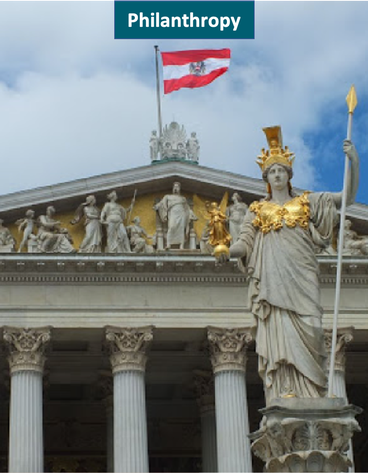Julius Meinl III took over the family’s food company from his father Julius Meinl II in 1933 and continued to expand it across Europe. After Austria’s so-called “Anschluss” into Nazi Germany in 1938, he left the country and emigrated to England. Upon his return from exile, Julius Meinl III took on the function of President of the Supervisory Board of Julius Meinl AG, a position he held for 40 years. He was therefore known by all as the “President”.
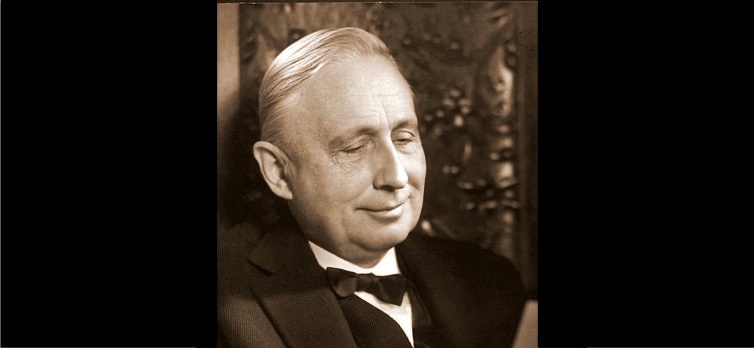
Julius III
* 14 February 1903 in Vienna; † 10 September 1991 in Vienna
The “President”
Julius III’s Timeline
1903–1991
Personal Life
Julius Meinl III was born out of the first marriage of Julius Meinl II to Emma Amilie Schörner, the daughter of a Prague hotelier. He was born on 14 February 1903 in Vienna, where he attended the Schottengymnasium school. After graduating from high school, Julius Meinl III completed an apprenticeship as a bookbinder and then joined his father’s company.
His mother (called Emmy), was very socially engaged in Vienna and known far and wide for her charitable spirit. She died in 1922 after a short and serious illness. The loss of his mother affected him deeply. Her burial in the family crypt at Dornbach Cemetery in Vienna was attended by a large contingent of representatives from the worlds of politics, industry and banking, and left a lasting impression on the then 19-year-old Julius Meinl III. The charitable mindset of his mother left its mark on the son, who later established numerous social facilities for the employees of Julius Meinl AG.
In 1928, Julius Meinl III married Johanna Winterstein (born 1906; died 1983, known as “Hansi“), daughter of the art dealer Josef Winterstein (died 1926) and Elsa Winterstein (née Liebermann, died 1961). The marriage gave rise to two sons: Julius Meinl IV was born in 1930, followed by his younger brother Thomas five years later.
Julius Meinl III died on 10 September 1991 in Vienna. His funeral was a major event and attended by numerous personalities from the worlds of politics, business and culture.
Personal Life
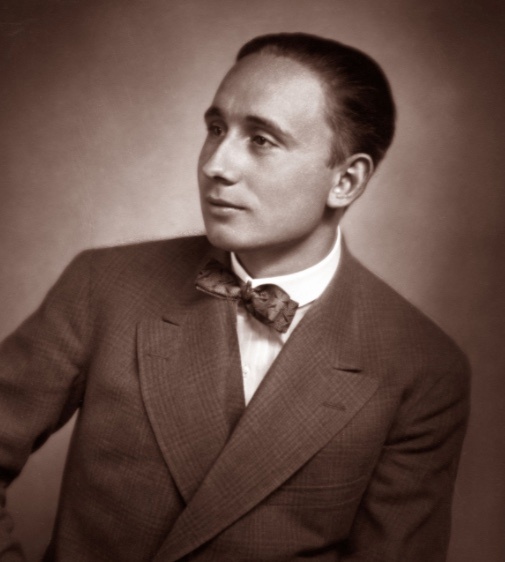
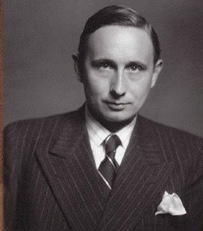
1922-1933
Ascendancy in the Company
Julius Meinl III joined his father’s company in the 1920s and held various positions before finally being accepted into the operational management team in 1933.
The political and economic fallout of the First World War was devastating for Austria, although for the Meinl Group the 1920s and 1930s were a time of ascendancy to become the largest food company in Central Europe. Primarily responsible for this success was the joint effort of Julius Meinl III and Kurt Schechner, Managing Director from 1927 to 1933.
After the peace treaty of St. Germain was signed in 1919, 60 Meinl stores were suddenly located in foreign territory. Only 55 stores, of which 44 in Vienna, were still located on Austrian soil.
The 1920s saw new factories built on the site of the Meinl head office in Vienna, where vinegar, mustard, pasta products, liqueurs, compotes and sweets were made. Julius Meinl AG expanded ever further, not only through the establishment of new stores but also through numerous acquisitions and mergers.
Rationalisation
The rationalisation measures taken between 1927 and 1930 enabled the company to offer its products at more favourable prices than the competition, and offer goods from the same price in all sales outlets. Managing Director Schechner focused on the principle of the straight line. Superfluous procedures were to be avoided, while machinery and state-of-the-art technology were to be used wherever possible. The conveyor belt also arrived in Meinl operations.
Although the rationalisation measures were taken in times of rising unemployment, there were hardly any strikes. Meinl secured the loyalty of its employees and workers through a range of voluntary benefits. The company had already introduced Sundays off in 1907. The five-day week of 43 instead of 48 hours was introduced in the Meinl factories in 1931. In return, the employees were paid a wage for 45 hours of work. There were also various perks, performance bonuses and holiday allowances. From 1926, Meinl maintained a rest home for its employees. The employees in Vienna could also spend their free time at the company’s own lido by the Old Danube.
As a consequence of the rationalisation, individual operations were able to record productivity increases of up to 25 percent. Meinl subsequently lowered its prices by up to 20 percent. Julius Meinl advertised in its advertising leaflets with the slogan “Top quality for the lowest prices”.
Expansion to Banking
The expansion of the company was not financed by bank loans. Instead, the company resorted as necessary to deposits of the ‘Spar- und Kreditverein der Angestellten und Freunde der Julius Meinl AG’ (Savings and Credit Association of the Employees and Friends of Julius Meinl AG), which was founded in 1923 and was a forerunner of Meinl Bank AG. It was a kind of private savings bank for employees and customers.
Ascendancy in the Company
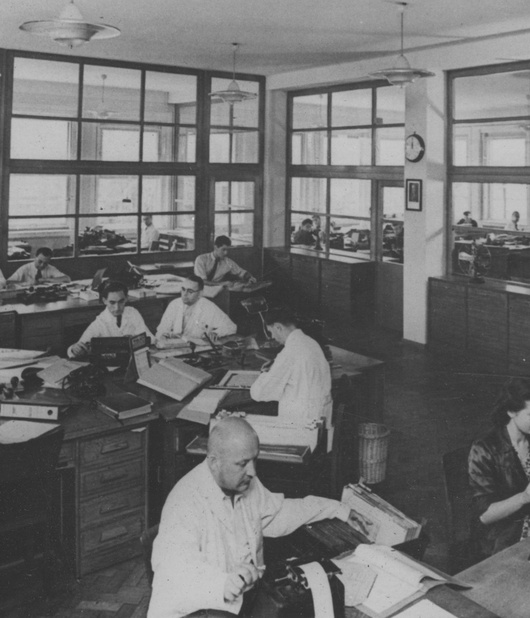
1933-1938
Moving Ahead in the Austrian Market
In 1935, Julius Meinl was able to take over the 79 stores of Brüder Kunz AG, which specialised in cheaper kinds of coffee and which had been Meinl’s biggest competitor up until that point. Shortly afterwards, Meinl also acquired a large shareholding in Wiener Öl-Werke AG. In 1936, it took over Continentale Bank AG and in 1937, Konservenfabrik Gourmet KG.
After these acquisitions, the Meinl group had little competition in the Austrian food industry.
The market-leading position of Julius Meinl led to a rebellion among local merchants as early as the beginning of the 1930s. Envy of the successful company ran high. At the same time, the National Socialists began hassling Jewish businesspeople. This also affected Managing Director Schechner and led to the passing of a law (Lex Meinl) in 1933 that prohibited the establishment of further stores.
The coming to power of the National Socialists posed big challenges for Julius Meinl AG. After Austria’s so-called ‘Anschluss’ to the German Reich in 1938, the National Socialists immediately exerted their influence over company policy and the filling of important posts, including at Julius Meinl AG. Jewish managers were gradually pushed out. Thus Kurt Schechner was compulsorily replaced by Friedrich Schüngel as Managing Director. The latter had run the Meinl stores in Berlin since 1935 and was considered to be a staunch National Socialist.
Moving Ahead in the Austrian Market
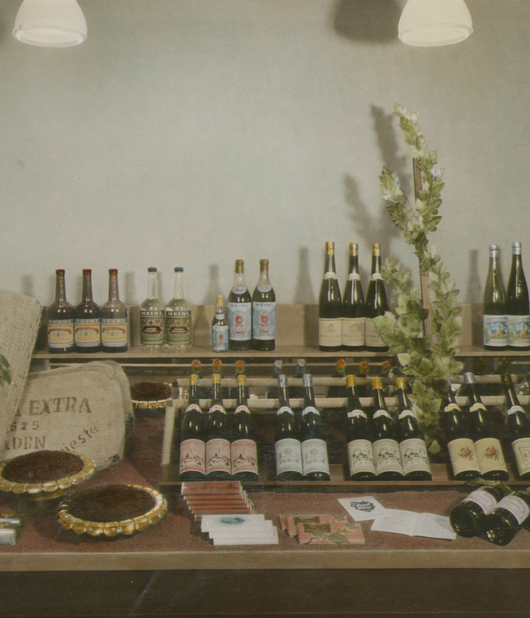
1938-1947
Exile
Not least because of his marriage to a Jewish woman, Julius Meinl III was a staunch opponent of the National Socialists. He actively supported the resistance against the Nazis. Amongst other things, Julius Meinl III stood up for the Jesuit priest Friedrich Muckermann, who, as a committed opponent of the Nazi, pointed out the anti-liberal tendencies of National Socialism and criticised the official church for its restraint in dealing with the regime.
After Austria’s annexation to Germany in March 1938, Julius Meinl III was declared an enemy of the state, to nobody’s surprise. He therefore decided to go into exile in England with his wife and their two sons. However, in accordance with the laws of the time, Julius Meinl III and his wife first had to disclose all assets such as shares, savings accounts, property, household effects and art objects, and pay a 20 percent Reich Flight Tax and a 25 percent Jewish asset levy on everything. The assets had to be sold off to pay these taxes. At the auction, Julius Meinl II bought back his son’s belongings.
Julius Meinl III had long been in England when the Gestapo investigated him for alleged currency offences. However, there was no court prosecution. The Vienna Gestapo reported to the Nazi Party headquarters in September 1941 that this “was not desired by higher authorities”..
The family’s flight first took them over the border to Yugoslavia, to the Meinl-owned Schloss Freudenau (Meinlov grad) in Slovenia. Having stayed there for about a year, during which the 8 year-old son, Julius Meinl IV, even attended primary school in Zagreb, the journey continued in 1939. In a chauffeur-driven car, the family travelled via Amsterdam to Calais, where they then finally reached their destination in England by boat.
The family initially lived in London, later moving to Hinton Hall near Ely in Cambridgeshire. Julius Meinl III ran a large farm there until 1948. During the Second World War, he placed the entire output of the farm at the disposal of the British war effort.
Founding the ADU
From the start of his time in England, Julius Meinl III engaged in refugee aid and exile politics. He participated in the founding of several pro-Austria organisations, including the Austrian Democratic Union (ADU), of which he was president. Within the scope of the ADU, he gathered about 200 business people, bankers, publicists and intellectuals who had dedicated themselves to the ideals of bourgeois liberalism and the French Enlightenment. The realisation of human rights, democratic principles, freedom, social justice, economic security and international cooperation were at the centre of the ADU’s efforts. With an eye on the post-war order, Julius Meinl III spoke in favour of a political control of private profit maximisation and capital concentration. He advanced the propagation of an independent Austria as a counterposition to the widely disseminated view that Austrians had welcomed the Anschluss.
Exile
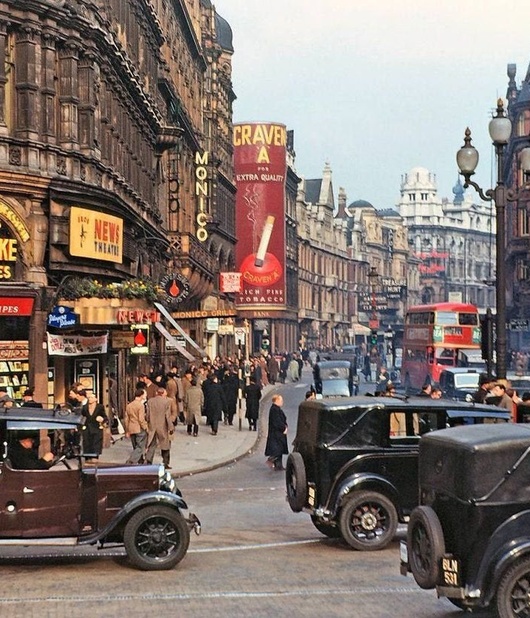
1947-1953
A Complicated Succession
Since Julius Meinl III had been considered an enemy of the state since 1938 for having fled to the enemy England, his father was not permitted to appoint his son as his heir. To avoid expropriation by the Nazi state, Julius Meinl II therefore adopted shortly before his death Friedrich Hiksch, a school friend of his son, and appointed him universal heir. However, it was agreed in his last will and testament that Hiksch(now Fritz Meinl) should hold 75% of the estate as “pre-inheritance” for the two sons of Julius Meinl III. If the sons were to return to Austria after the war and reside within the territory for at least 10 years, Fritz Meinl would have to cede the corresponding portion of the inheritance to them. However, he could retain 25% of the estate for himself.
The succession arrangement with Fritz Hiksch/Meinl was the result of the pressure exerted by the Nazi regime on Julius Meinl II. His son, Julius Meinl III, therefore wanted to provide a comprehensive solution for the ownership of the family business after his return to Austria in 1947. The goal was to combine all shares in the company on the one hand, and on the other to prevent any future expropriation of ownership rights through state power. In this regard, Julius Meinl III held intensive negotiations not only with Fritz Meinl but also with the political representatives of the young Second Republic.
Finally, in 1953, with the explicit consent of the Austrian finance minister and the Austrian National Bank (Österreichische Nationalbank), all shares held by Fritz Meinl in Julius Meinl AG were contributed into a Liechtenstein foundation.
At the time, there were also various other smaller shareholders in Julius Meinl AG, such as the large Austrian banks Creditanstalt and Länderbank, who also agreed to contribute their shares into the new foundation. Remaining small shareholders, who together held less than 10% of the capital in the company, were eventually bought out by the company in 1992.
In 1947, Fritz Meinl transferred the presidency of the Supervisory Board to Julius Meinl III. He was suitably compensated for his later consent to the contribution of all the shares he held in Julius Meinl AG in the Liechtenstein foundation.
A Complicated Succession
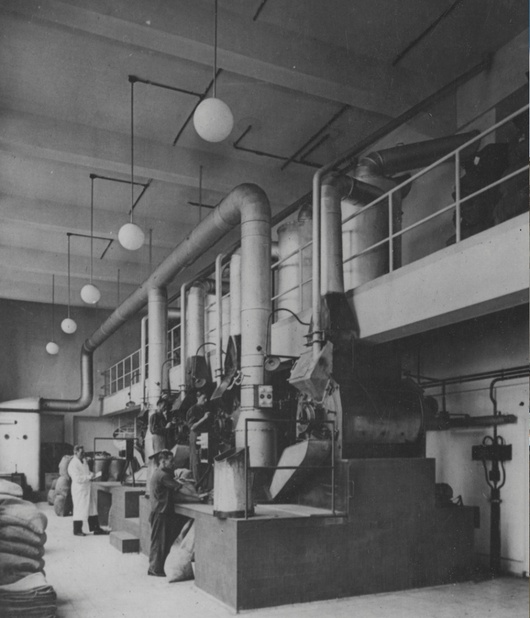
1953-1991
End of Life
The University for World Trade in Vienna awarded Julius Meinl III the title of honorary doctor of trade sciences in 1953.
A successful business personality respected by all, Julius Meinl III remained active until his death.
After 40 years at the top of the company, Julius Meinl III finally retired in 1987 at the age of 84 years. His then 54 year-old son, Julius Meinl IV, took over the presidency of the Supervisory Board.
End of Life
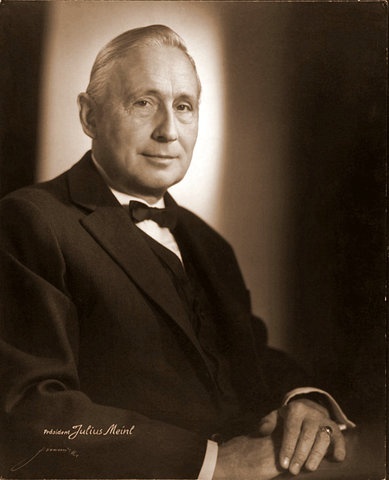
Retail
Over 5 generations, the Meinl family used its skill, patience and determination to build the Julius Meinl grocery retail business into one of the largest and most successful in Europe.
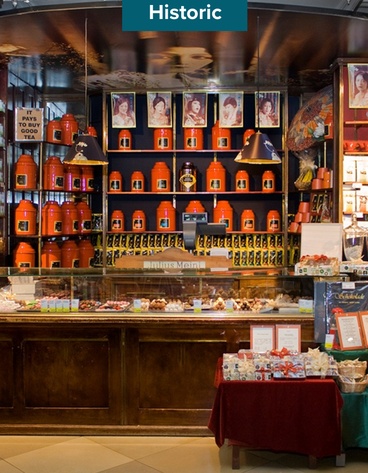
Austrian Democratic Union
In 1939, Julius Meinl III emigrated from Austria to the United Kingdom, from where he was Chairman of the Austrian Democratic Union after the Second World War.
